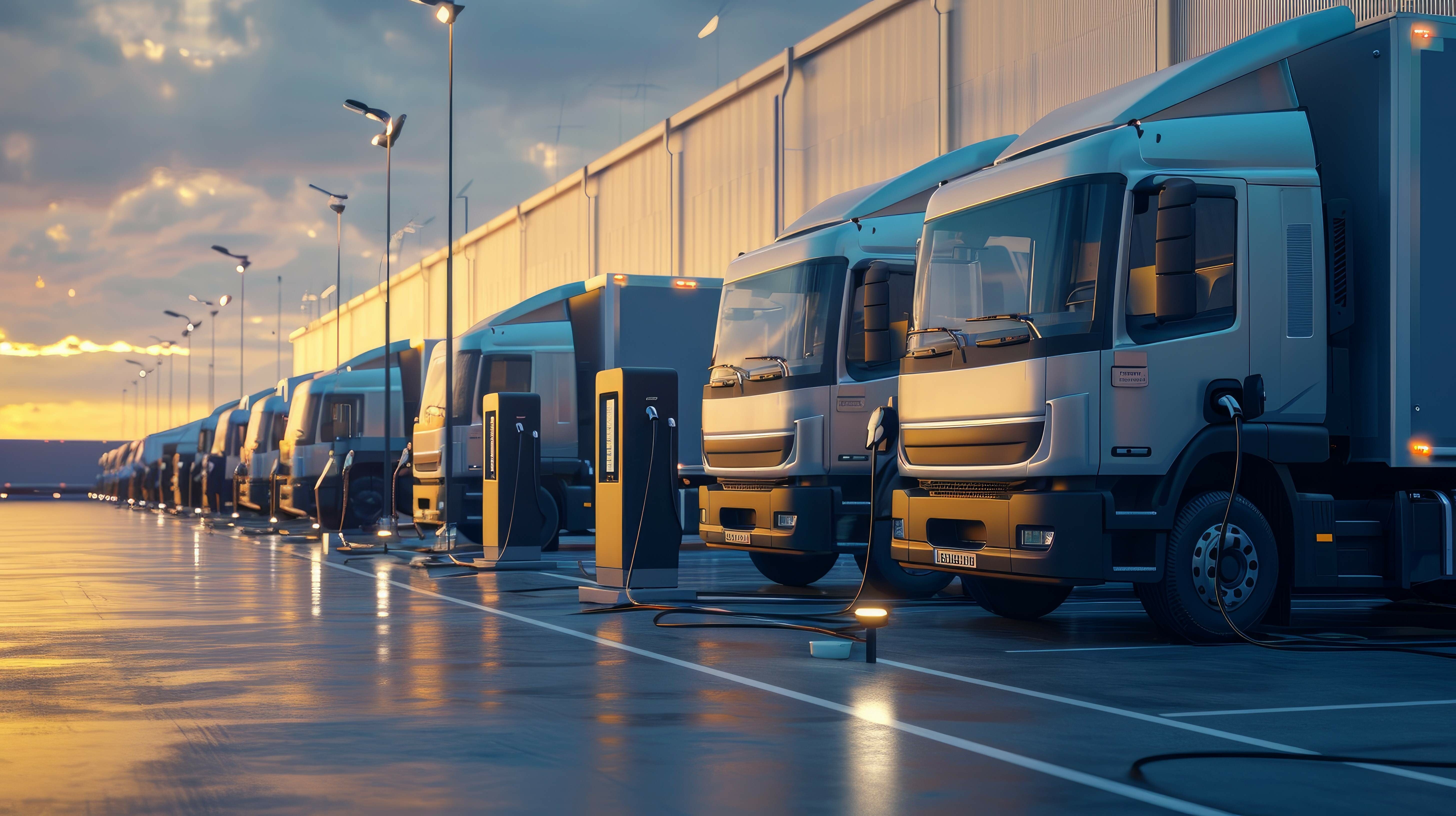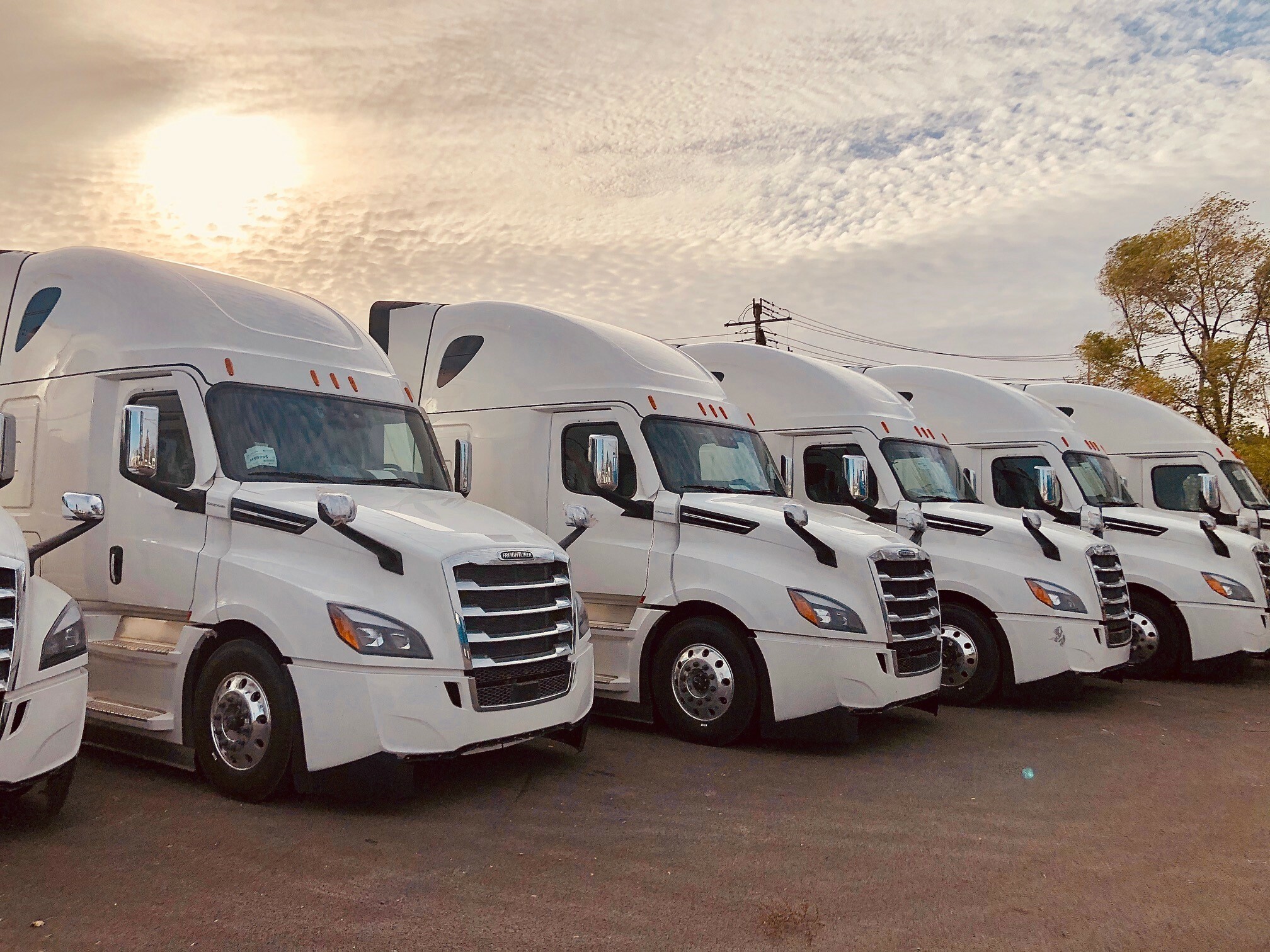Evaluating the Value of Collision Mitigation and Smart Cruise Control Features in New Semi-Trucks
Jan 10, 2024 in TechnologyIn recent years, advancements in technology have revolutionized the trucking industry, introducing various safety features aimed at reducing accidents and improving overall road safety. Two prominent features gaining traction are Collision Mitigation Systems and Smart Cruise Control. As truck manufacturers integrate these technologies into their new semi-trucks, a pertinent question arises: Are these features worth the additional cost? In this blog post, we will explore the benefits and considerations associated with collision mitigation and smart cruise control in semi-trucks.
Collision Mitigation Systems: Collision Mitigation Systems are designed to assist drivers in avoiding or mitigating the severity of a collision. These systems typically use a combination of radar, cameras, and sensors to monitor the truck's surroundings. When a potential collision is detected, the system can initiate automatic braking or provide warnings to the driver, giving them valuable seconds to react.
Benefits:
-
Enhanced Safety: The primary advantage of Collision Mitigation Systems is the potential to significantly reduce the number of accidents. By acting as an additional set of eyes and reflexes, these systems can help prevent rear-end collisions and other accidents caused by human error.
-
Reduced Insurance Costs: Many insurance providers offer discounts for vehicles equipped with advanced safety features. Investing in collision mitigation systems can lead to long-term cost savings through lower insurance premiums.
Considerations:
-
Cost: While the safety benefits are apparent, collision mitigation systems come at an additional cost. Fleets and individual truck owners must weigh the initial investment against potential long-term savings and safety improvements.
-
Maintenance and Repairs: The complexity of these systems may result in higher maintenance costs. Repairs and replacements of sensors and components can be expensive, and specialized training may be required for technicians.
Smart Cruise Control: Smart Cruise Control, also known as Adaptive Cruise Control, is an advanced version of the traditional cruise control system. It utilizes sensors to monitor the distance between the truck and the vehicle ahead, automatically adjusting the speed to maintain a safe following distance.
Benefits:
-
Fuel Efficiency: Smart Cruise Control optimizes fuel efficiency by automatically adjusting speed based on traffic conditions. This not only reduces fuel consumption but also contributes to a more sustainable and environmentally friendly operation.
-
Reduced Driver Fatigue: Long hours on the road can lead to driver fatigue. Smart Cruise Control can help alleviate some of the mental strain by handling speed adjustments in varying traffic conditions.
Considerations:
-
Adaptation Period: Drivers may require time to adapt to the nuances of Smart Cruise Control. Understanding how the system operates and when manual intervention is necessary is crucial for effective and safe use.
-
Initial Cost: Similar to collision mitigation systems, the initial cost of integrating Smart Cruise Control needs to be considered. Fleets and truck owners should evaluate whether the potential benefits justify the upfront investment.
In conclusion, collision mitigation and smart cruise control features in new semi-trucks offer a compelling array of safety and operational benefits. However, the decision to invest in these technologies should be a thoughtful one, taking into account factors such as cost, maintenance, and the specific needs of the fleet or individual owner. As technology continues to advance, these features may become standard, but for now, a balanced evaluation of the costs and benefits is crucial for making informed decisions in the ever-evolving landscape of the trucking industry.



